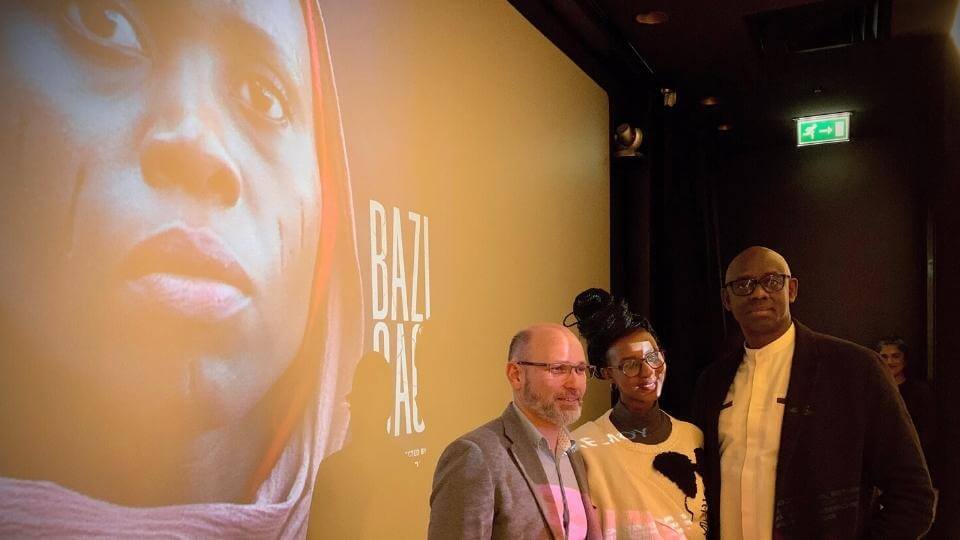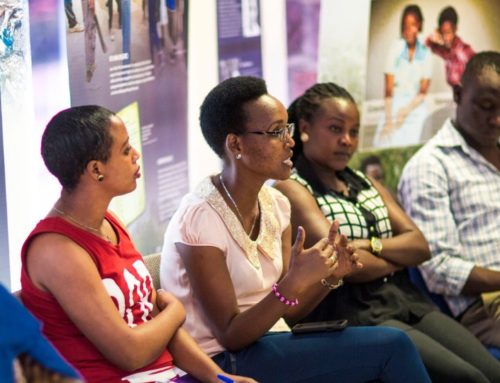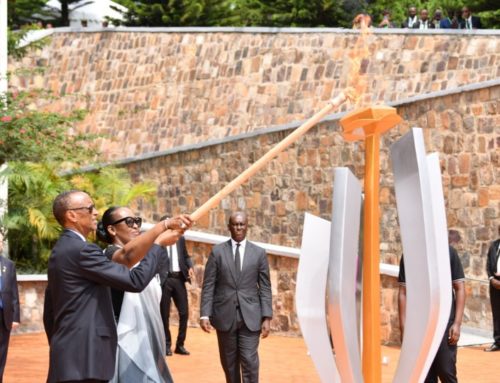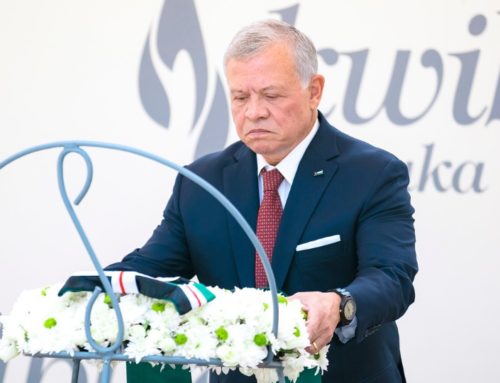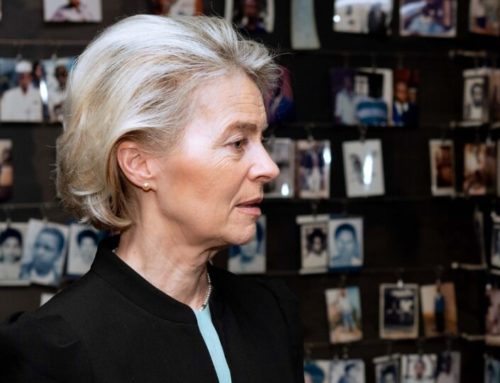Jo Ingabire’s BAFTA-nominated short BAZIGAGA is a fictional drama about a pastor and his daughter seeking refuge with a traditional healer during the Genocide against the Tutsi, which Jo herself survived as a young child. Bazigaga, the eponymous heroine, keeps the Interahamwe militia from her door by playing on their superstitions that she may be a witch capable of placing a curse on them.
The drama was sparked by the life of Sula Karuhimbi, who used the same tactics to help her save the lives of over a hundred people during the genocide. Sula’s story is among those of rescuers and resisters whose courageous acts are featured at the Kigali Genocide Memorial. It was here that Ingabire discovered Sula (also called Zula or Zura) and drew the inspiration for her drama.
“I stumbled upon her story at the memorial in Kigali when I was researching my family’s history and I was amazed by her courage,” says Ingabire.
“I wanted to make a film about an African woman who is not just a victim,” she also told the UK’s Daily Mail. “She’s got agency. She’s a hero.”
Sadly, Sula Karuhimbi passed away before Jo Ingabire had a chance to meet her, but footage from an interview with Sula conducted by the Aegis Trust features at the end of BAZIGAGA, highlighting the reality in which the drama is rooted.
Aegis CEO Dr James Smith was among those attending the London Premiere of BAZIGAGA on 10 February, along with Rwanda’s High Commissioner to the UK, HE Johnston Busingye (pictured with Jo Ingabire above).
“You have done a brilliant job and the BAFTA nomination is well deserved,” James told Jo. “Thank you so much for giving us the opportunity to see this story on the big screen. You should be really proud.”

